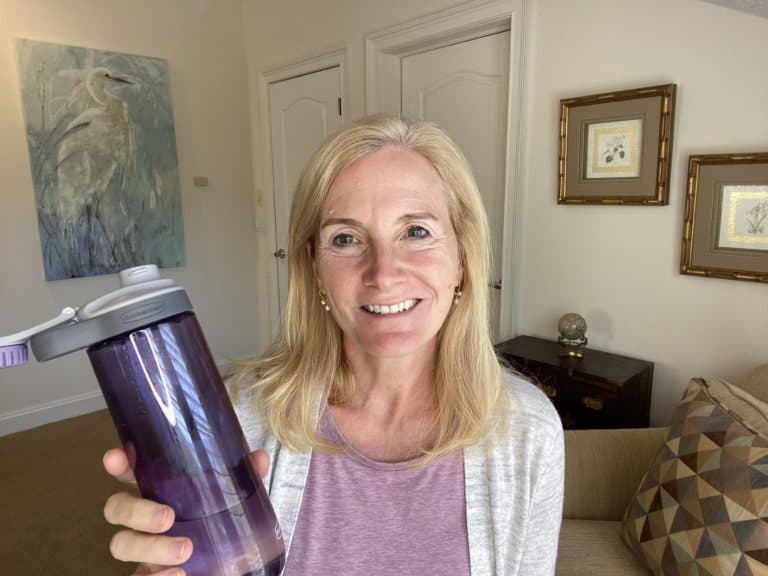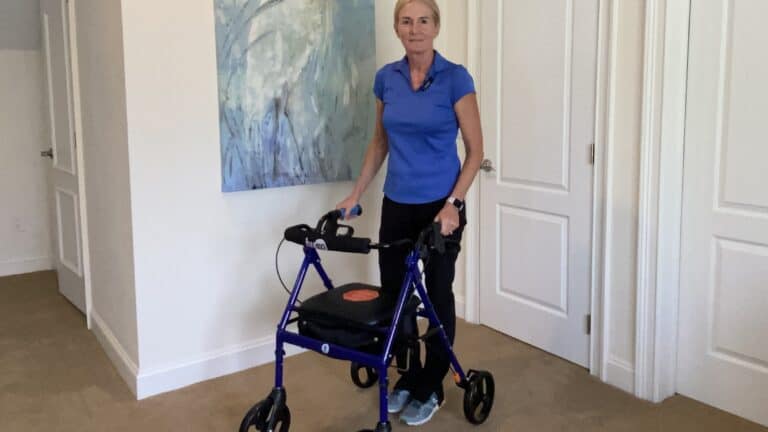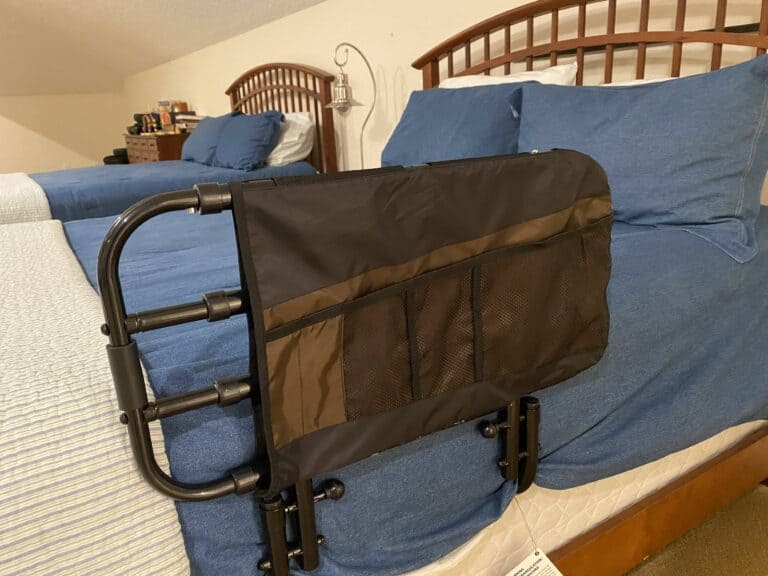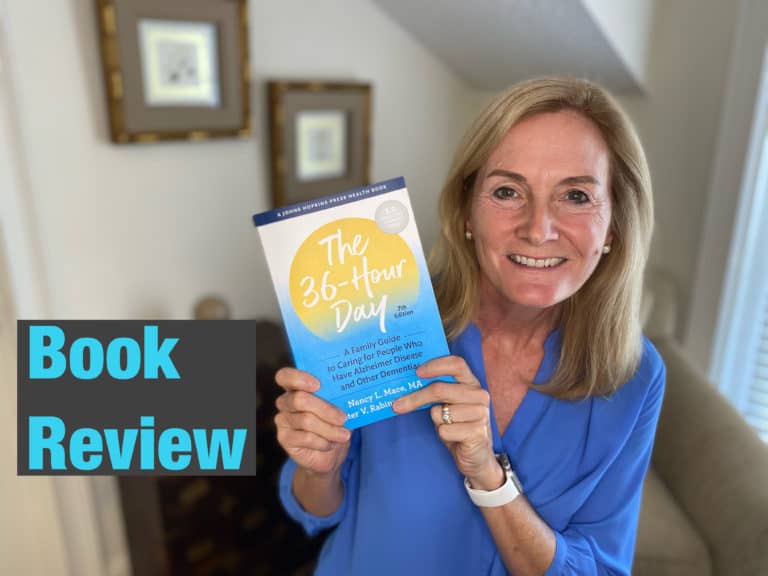9 Amazing Activities for Dementia Patients
It can be difficult to come up with activities for dementia patients. There are many things to take into consideration to be sure the activity you choose is safe, appropriate, and enjoyable. So, how do you select the best activity?
Here I’ve collected 9 amazing activities for dementia patients that can be modified to suit a range of cognitive abilities.
9 Amazing Activities for Dementia Patients:
Now let’s take a deeper dive into each activity so you can use them now to make caregiving easier and improve the quality of life for your loved one with dementia.
As an Amazon Associate, I earn from qualifying purchases, at no extra cost to you.
Activities Help with Engagement
Active participation in meaningful activity is central to our own unique identity. But many individuals with dementia withdraw from participating in their favorite activities because they can no longer do them as they used to.
Sometimes it is too overwhelming and confusing for them to participate in complex activities that used to be fulfilling.
As a result, they begin to feel isolated, bored, and restless. These feelings can lead to agitation, distress, and unwanted behaviors.
The great news is…most activities can be adapted to match the physical and cognitive abilities of your loved one with dementia. It just takes a little planning and creativity.
If you would rather watch a video on this topic, click here
Activity 1: Crafts
A Google search will instantly bring up hundreds of craft ideas. I like to search for kid’s crafts to generate ideas that are not too complex. Then I modify the craft to suit the needs of an adult with cognitive difficulties.
You could also purchase craft kits like this one that contains all the materials you need to complete the craft.
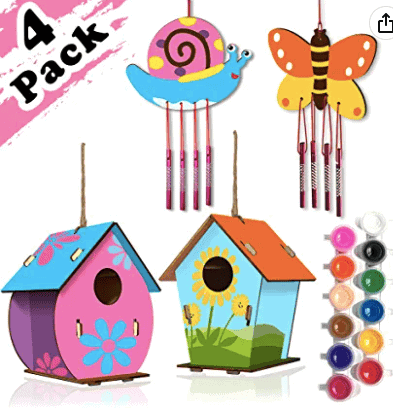
Birdhouse and Wind Chime Craft Kit
This craft kit comes with two wind chimes and two birdhouses. The set includes all materials needed to assemble and decorate the items. No tools required. This kit is great for hand-eye coordination, fine motor skills, and creativity.
Activity 2: Sorting virtually anything
I love this activity because it can be customized for something that can connect your loved one with their past.
Even if the person with dementia or Alzheimer’s disease does not remember specific events from the past, many are drawn to and get enjoyment from familiar activities.
For example, if a person used to spend a lot of time fishing, you could outfit a tackle box for them to organize.
Someone who used to work as a bank teller might enjoy sorting coins.
A former office worker might enjoy sorting a box of desk supplies (rubber bands, paper clips, pens, etc.)
Anyone can sort household items by color, shape, or size. The possibilities are endless…silverware, playing cards, laundry (sort and fold), buttons, and more.
Activity 3: Handwork
Knitting, crocheting, and needlework are wonderful activities that engage the brain and help to maintain fine motor skills.
If poor vision is keeping your loved one from these activities consider investing in a lighted magnifier like this.
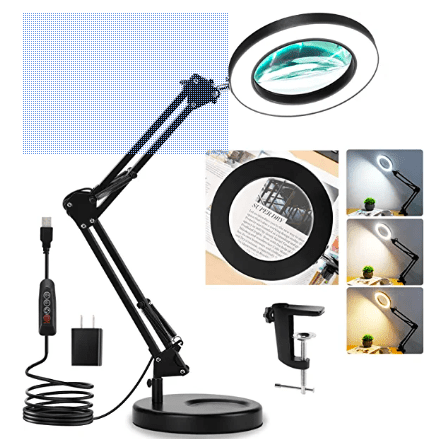
Lighter Magnifier
This hands-free lighted magnifier allows someone with low vision to see clearly as they work on needlepoint, read a favorite book, or play cards. The device is height adjustable and has a dimmable light. It can be used on a table with the weighted base. It can also be attached to vertical surfaces using the included c-clamp.
Activity 4: Household chores
While it may seem mundane, daily chores may provide an opportunity for the person with dementia to feel productive and helpful. Consider modifying a task so that they can participate or complete it on their own.
Some examples of simple tasks include: folding washcloths, sorting and matching socks, wiping off the kitchen counter, cleaning a bathroom mirror.
Besides helping someone feel productive, these tasks are also great for maintaining strength and joint mobility.
Activity 5: Puzzles
While some puzzles and games might be too complex for those with all but mild cognitive impairment, there are suitable options for most cognitive abilities.
I love these puzzles that have a limited number of pieces and a model right inside the box to guide completion.
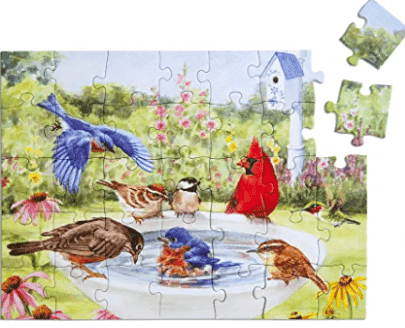
Relish 35-piece Puzzle for Adults with Dementia
This puzzle from Relish comes in a variety of designs that are suitable for adults with dementia and impaired dexterity. Puzzles like this one help to support hand strength and fine motor skills as well as cognitive engagement.
Activity 6: Reminisce with photos.
I love using family photos as conversation starters. This is one of those failure-free activities that can really help family members connect with their loved one with dementia.
Pull out an old photo album and see what conversation comes up around the photos.
This activity can be taken even further by using the photos along with memorabilia to create a photo memory book or memory box highlighting past events.

Photobook/Scrapbook
This photo book can be personalized with 4 x 6 photos and other memorabilia. It comes with stickers and pens to decorate the memory book. This could be a great project to create as a gift or to work on together with your loved one with dementia.
If your loved one with dementia does not recognize the individuals in the photos, you can always turn it into a storytelling session where you fill them in on the details of the memories.
Activity 7: Physical Exercise
It is important for individuals with dementia to continue to move and challenge their bodies every day. You will find that daily exercise will lead to better sleep and fewer challenging behaviors.
Additional health benefits of exercise include reduced blood pressure, improved lung capacity, better mood, greater bone density, and increased strength and endurance.
An even greater benefit can be achieved if exercise can be done outdoors. Outdoor activities have been shown to reduce anxiety and depression and improve mood.
Of course, an exercise program must be tailored to the abilities of the individual. Check with your loved one’s doctor or rehabilitation professional (OT or PT) to help choose an appropriate exercise program.
Activity 8: Art
Painting, sculpting, flower arranging, and other forms of art are great ways to encourage individual expression, cognitive engagement, and physical activity.
I love these paint-with-water sets that are reusable and mess-free!
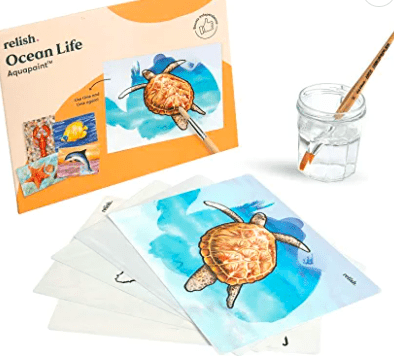
Relish Paint with Water Kit
These reusable paint kits come with 5 different designs and are available in a variety of themes. Just use water and when the sheet dries the image disappears. Sheets can be used over and over again.
Activity 9: Music
You may have heard that listening to music can calm individuals with dementia when they are agitated. Music activates a part of the brain that is one of the last to be affected by dementia.
Listening to favorite songs or artists is a wonderful way to connect socially. Encourage the person with dementia to sing along.
You could even offer rhythm sticks, bells, or a tambourine to play along. Playing along with the music will encourage physical activity and enhance engagement in the activity.
Why are activities important for people with dementia?
Do you find that your loved one with dementia experiences more resistive behaviors on days when they have a lot of downtime?
Do they often seem restless and agitated at the end of the day?
Planning structured activities is one great way to help with these end-of-day negative behaviors.
In addition, people with dementia need to be able to participate in fulfilling and meaningful activities throughout the course of the disease.
Completing activities that they enjoy can help them feel productive and reinforce their self-esteem.
Engaging in fun activities can also help maintain cognitive function and physical abilities for as long as possible.
Conclusion
There are many ways to engage a person with dementia in meaningful activities.
Physical activities, self-expression, and sensory stimulation can all be incorporated into everyday activities that improve well-being and bring positive feelings to older adults living with Alzheimer’s disease or other dementias.
Caring for a family member with dementia requires a tremendous commitment. Hats off to you caregivers for all you do for your loved one with dementia.
If you find these activities for dementia patients helpful, I hope you will consider subscribing to my blog and YouTube channel.
I share weekly tips and strategies to simplify caregiving and help caregivers reduce stress and frustration so they can enjoy time with their loved one with dementia.



